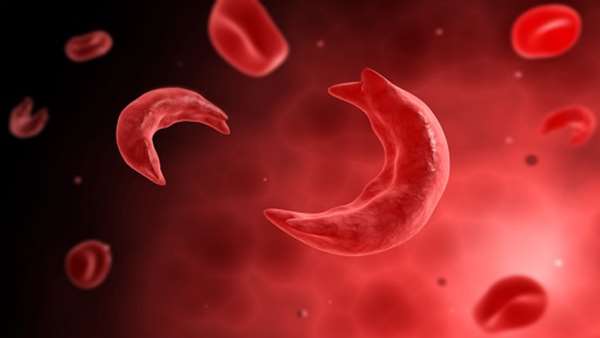Outcomes of Unrelated Donor Stem Cell Transplant with Post-Transplant Cyclophosphamide for Graft- Versus-Host Disease Prophylaxis in Patients with Severe Sickle Cell Disease.
Unrelated donor (URD) hematopoietic cell transplants (HCT) in children with sickle cell disease (SCD) is associated with a high incidence of rejection and graft versus host disease
Unrelated donor (URD) hematopoietic cell transplants (HCT) in children with sickle cell disease (SCD) is associated with a high incidence of rejection and graft versus host disease. We report on first four patients with severe SCD who underwent URD HCT using a novel myeloablative and immunosuppressive regimen comprising of busulfan, fludarabine and anti-thymocyte globulin with a single dose of post-transplant cyclophosphamide along with tacrolimus and mycophenolate mofetil for graft versus host disease prophylaxis. Three patients engrafted and remain disease free after a median follow-up period of 2.5 years.
One patient had primary graft failure attributed to low stem cell content of the graft. Of interest, none of the engrafted patients developed acute or chronic graft versus host disease. This preparative regimen along with the use of post-transplant cyclophosphamide offers a promising approach for unrelated donor transplants in patients with sickle cell disease and needs further corroboration in larger number of patients.
Reference: http://www.bbmt.org/article/S1083-8791(17)30799-1/abstract





ارسال به دوستان